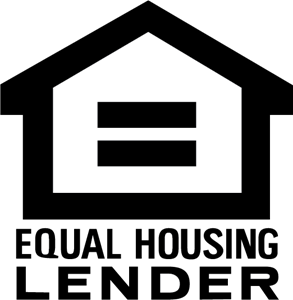Buying a second home can be an exciting prospect, but it's important to understand how mortgage rates work and how they can impact your purchase. In this article, we'll take a closer look at some of the key factors that can impact second home mortgage rates.
Location
The location of your second home can have a big impact on your mortgage rate. Some areas, such as vacation hotspots, may be considered higher risk by lenders, resulting in higher rates. On the other hand, if you're purchasing a second home in an area with a low cost of living and stable economy, you may be able to secure a lower rate.
Credit Score
Your credit score is one of the most important factors when it comes to getting a good mortgage rate. Lenders use your credit score to assess your risk as a borrower, with higher scores resulting in lower rates. If you have a lower credit score, you may still be able to secure a mortgage, but you'll likely pay a higher rate.
Loan Type
The type of loan you choose can also impact your mortgage rate. For example, a fixed-rate mortgage will typically have a higher rate than an adjustable-rate mortgage (ARM) initially, but the rate will remain the same for the life of the loan. An ARM, on the other hand, may start with a lower rate, but the rate can fluctuate over time.
Down Payment
The amount of your down payment can also impact your mortgage rate. Generally speaking, the more you're able to put down, the lower your rate will be. This is because lenders see borrowers who are able to make larger down payments as less risky.
Conclusion
Buying a second home can be a great investment, but it's important to understand how mortgage rates work and how they can impact your purchase. By taking the time to research your options and work with a reputable lender, you can secure a mortgage with a rate that works for your budget and financial goals.




